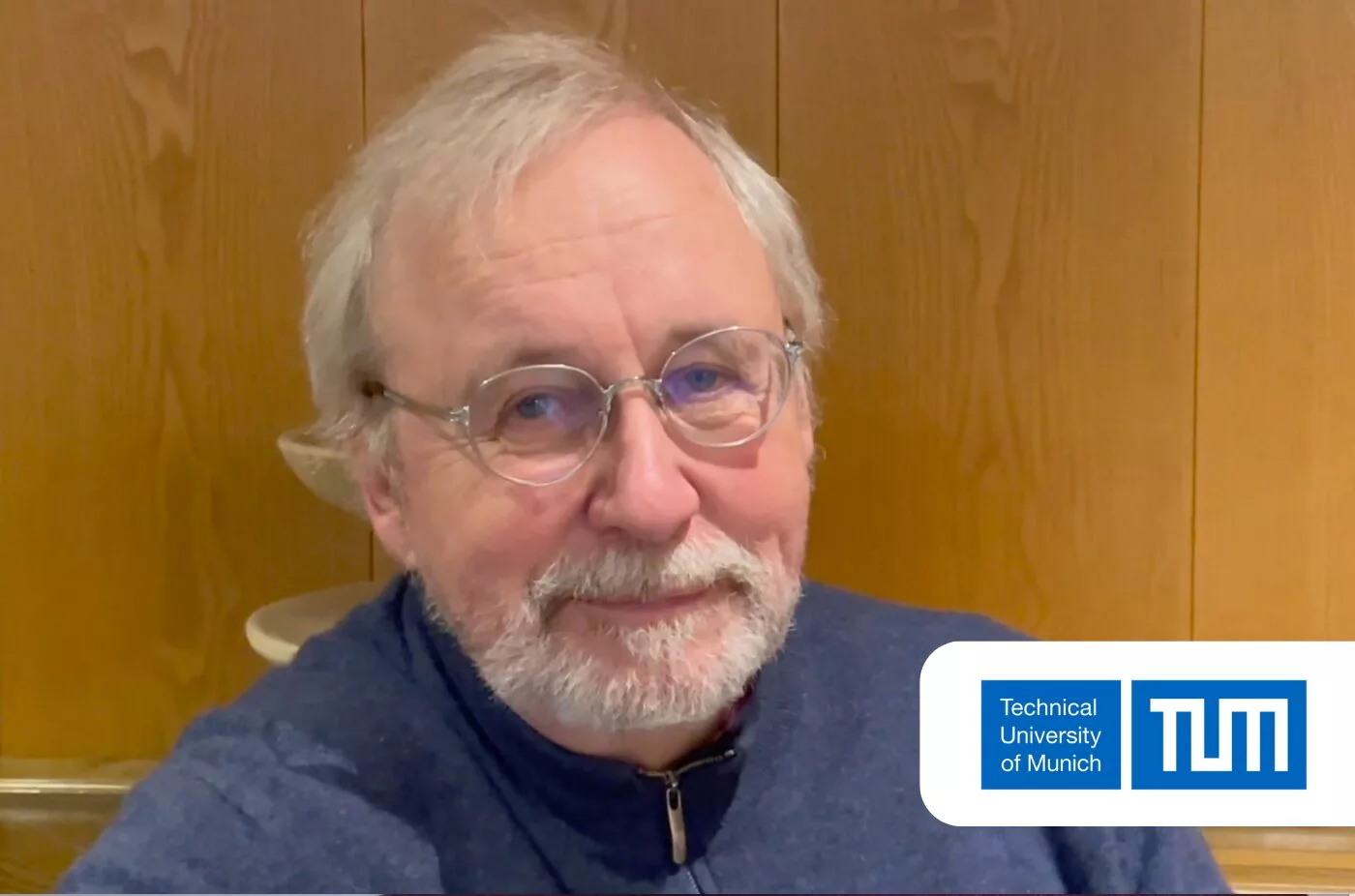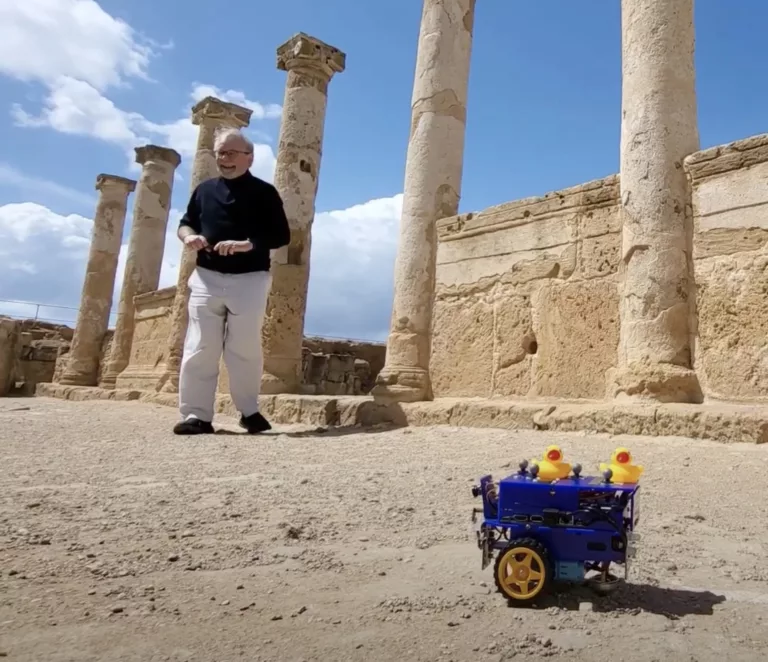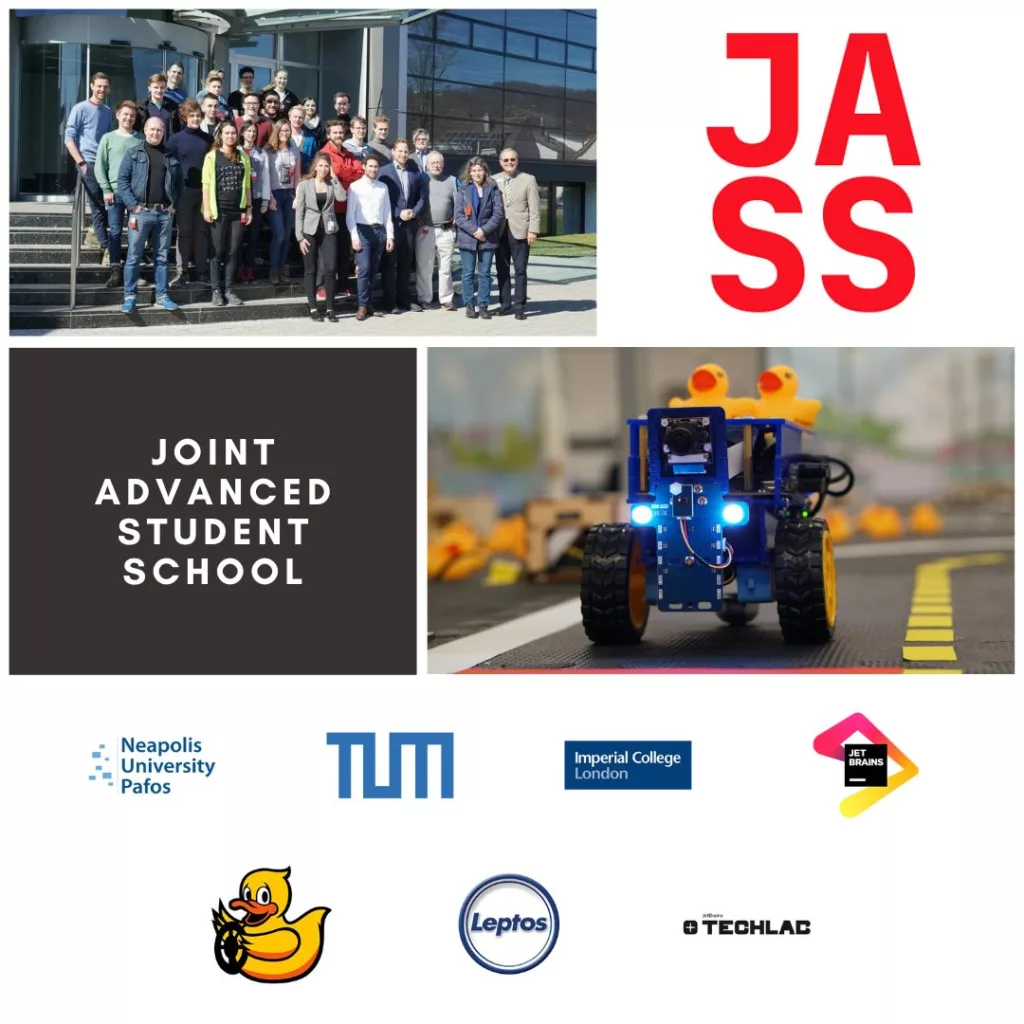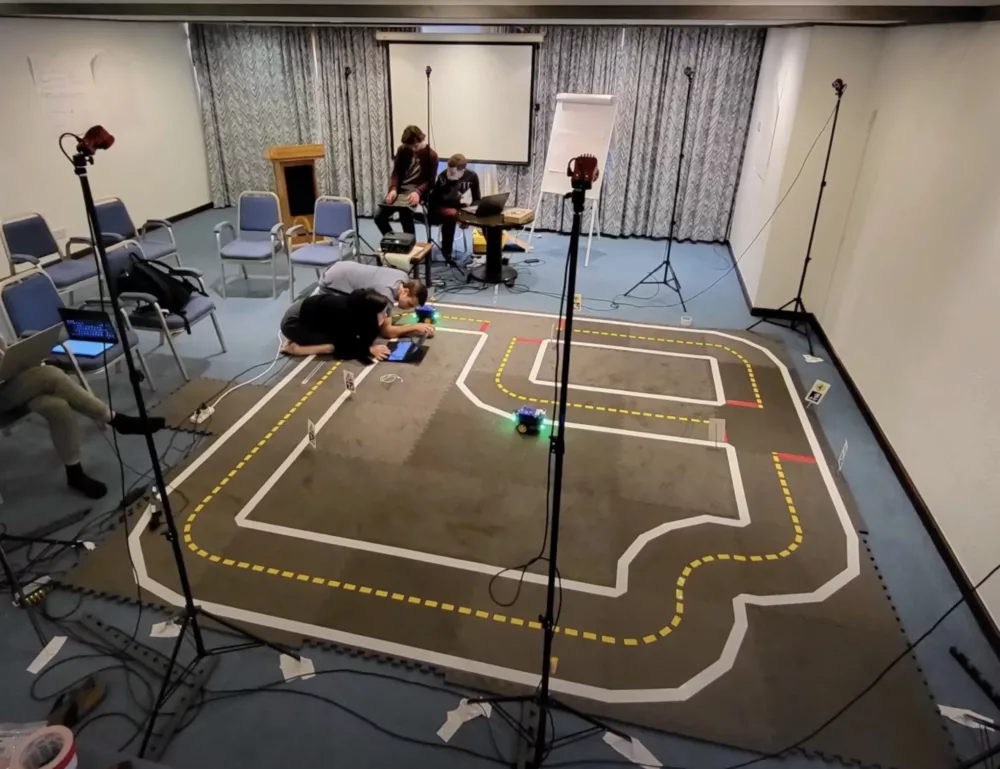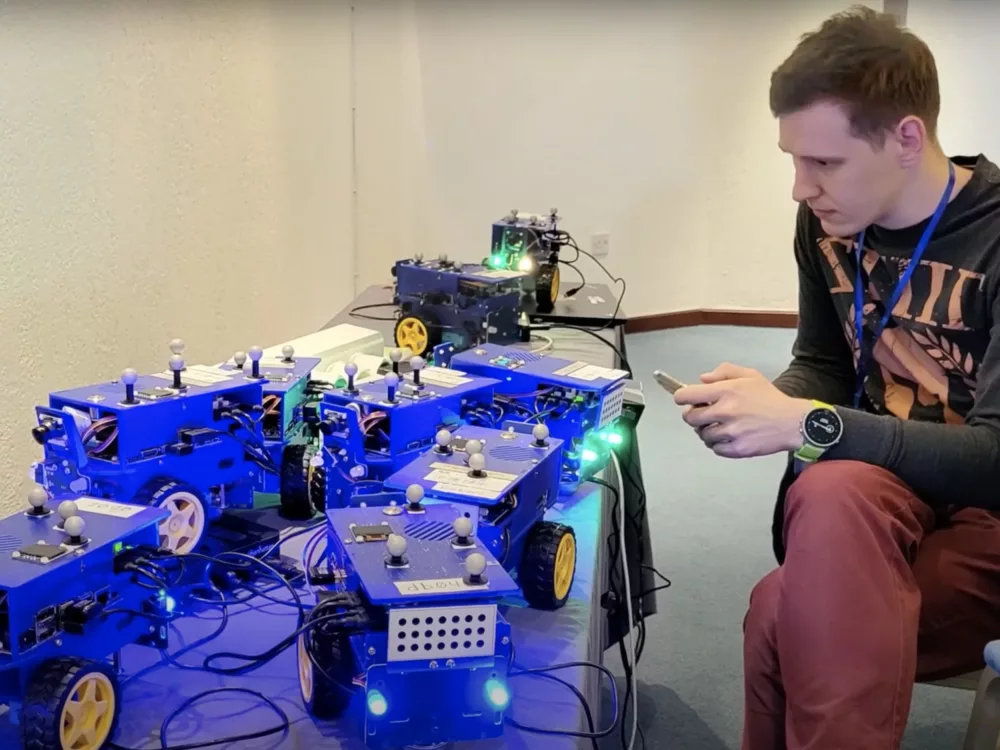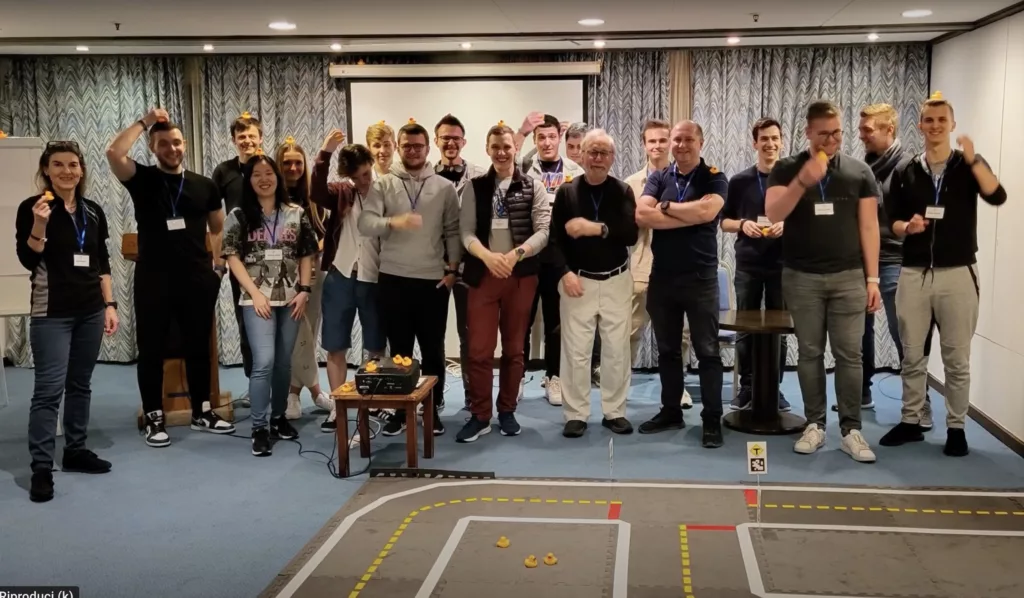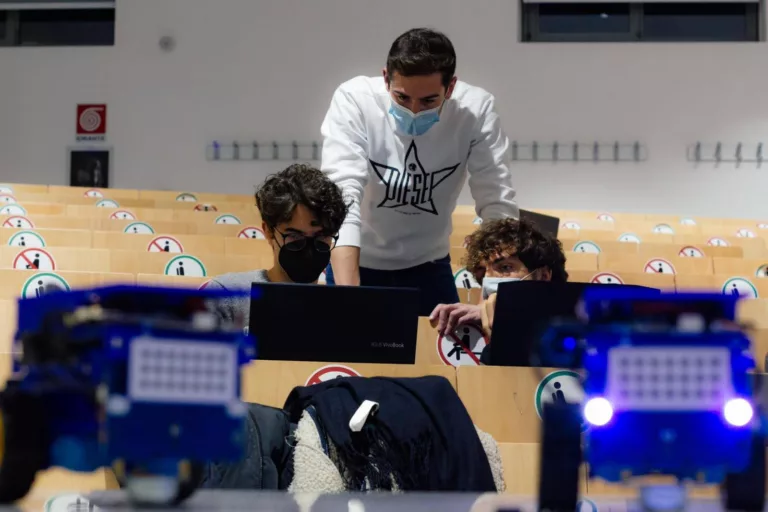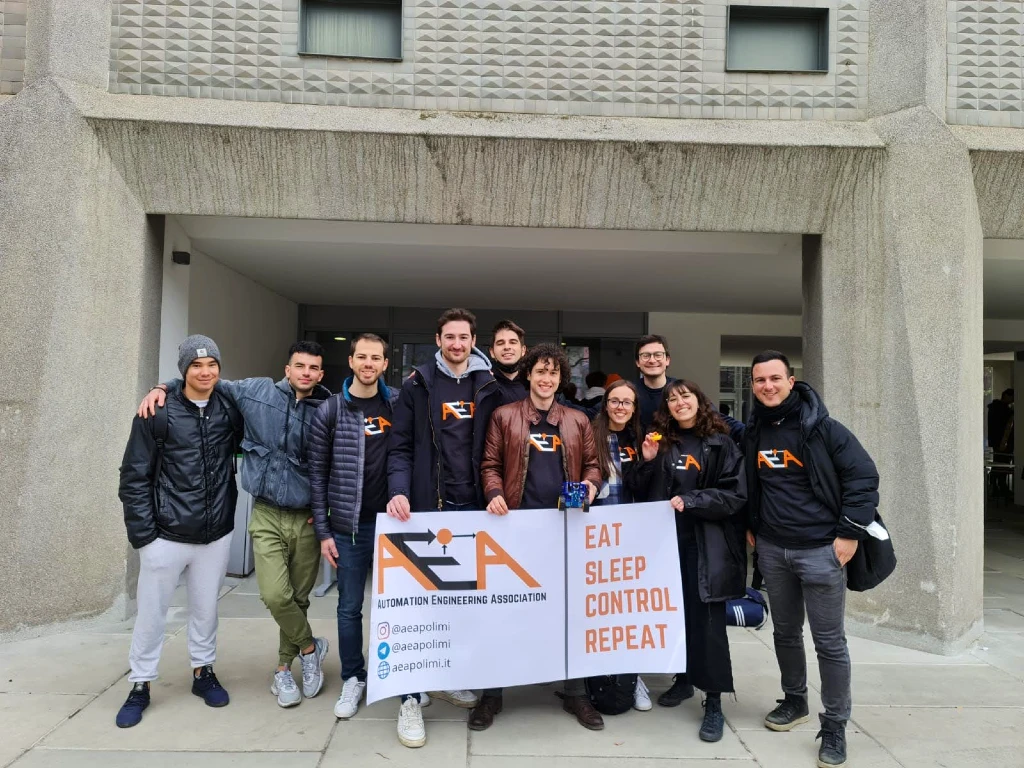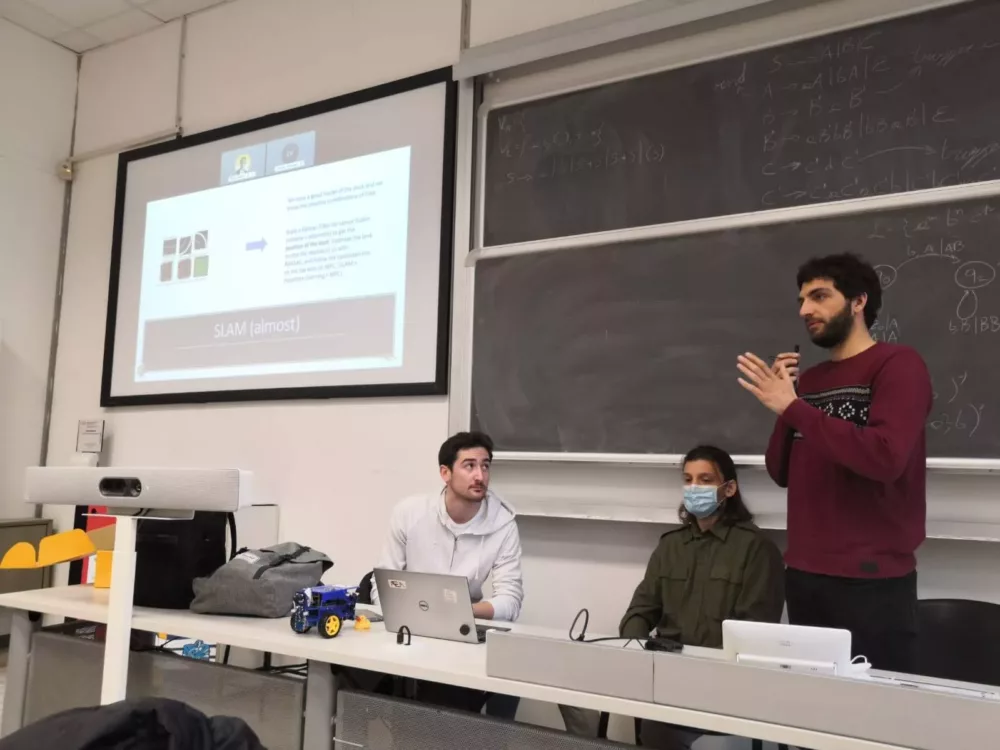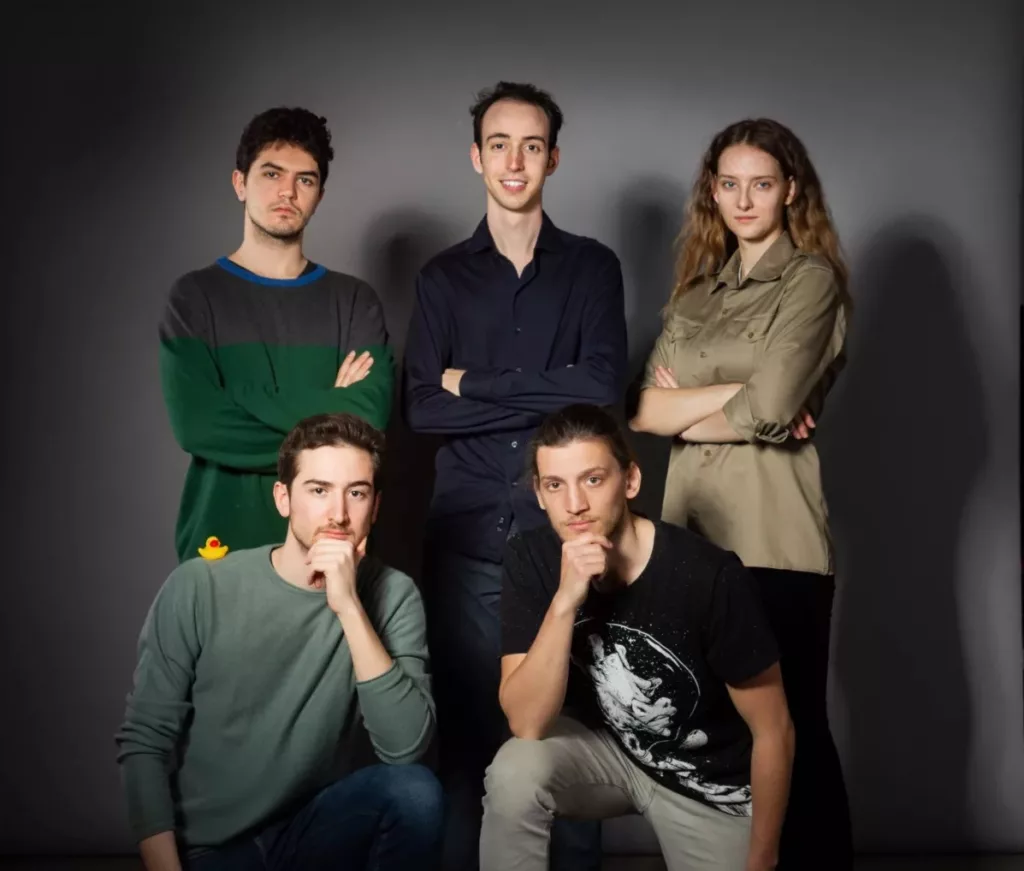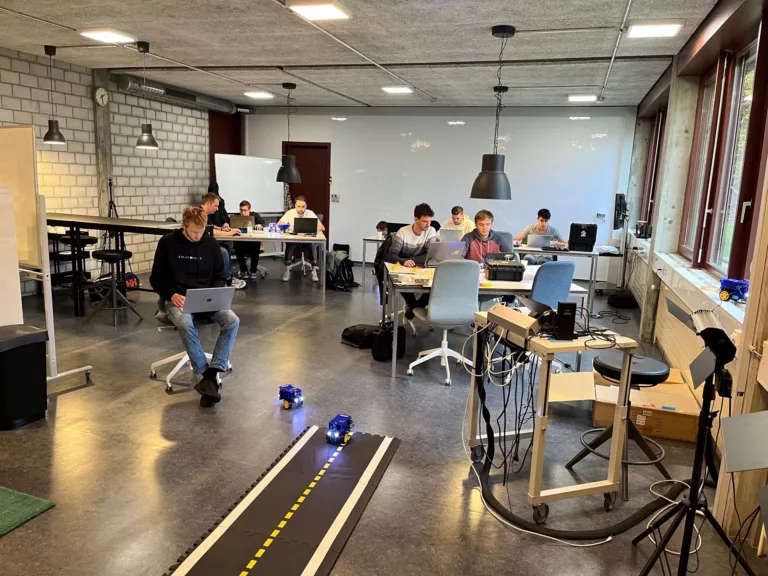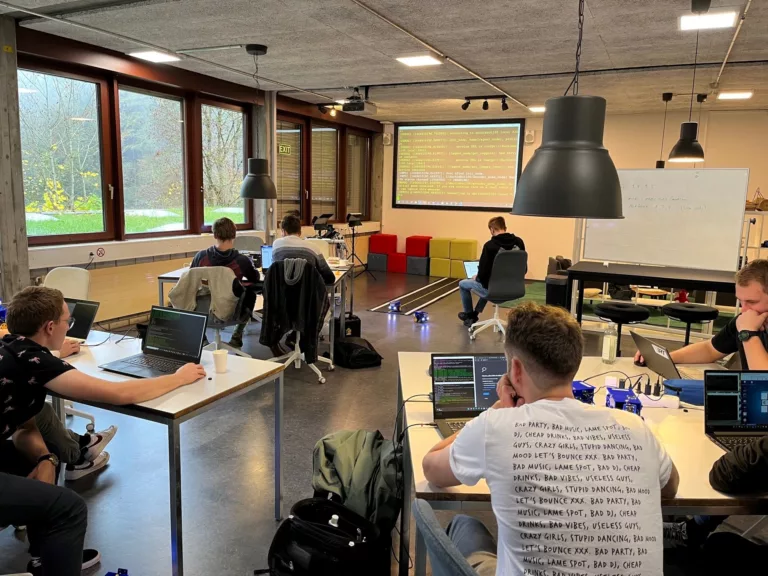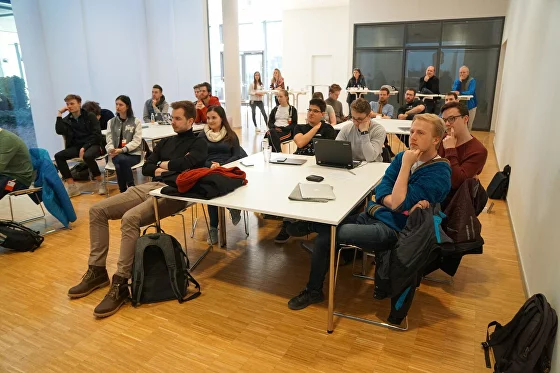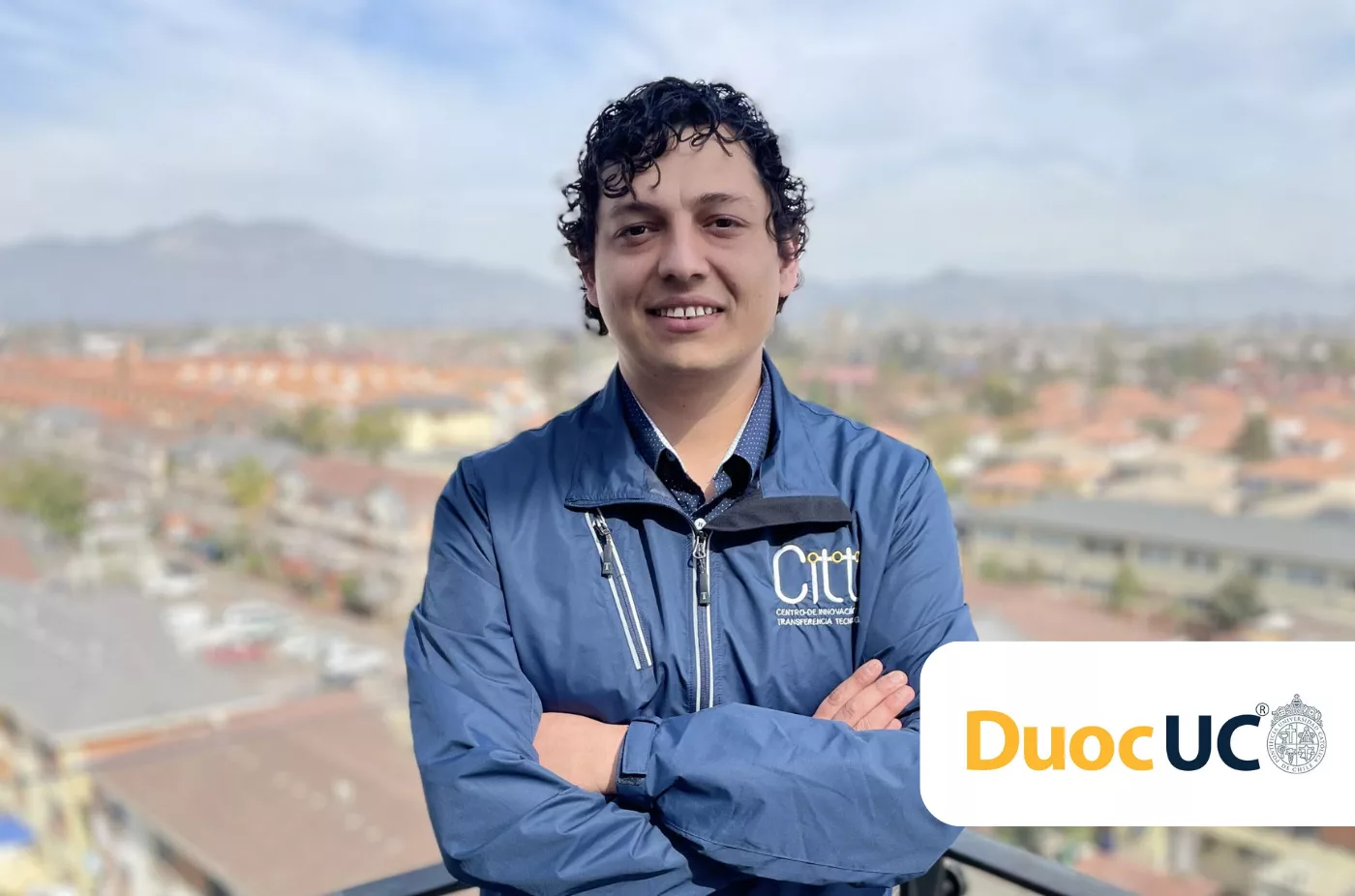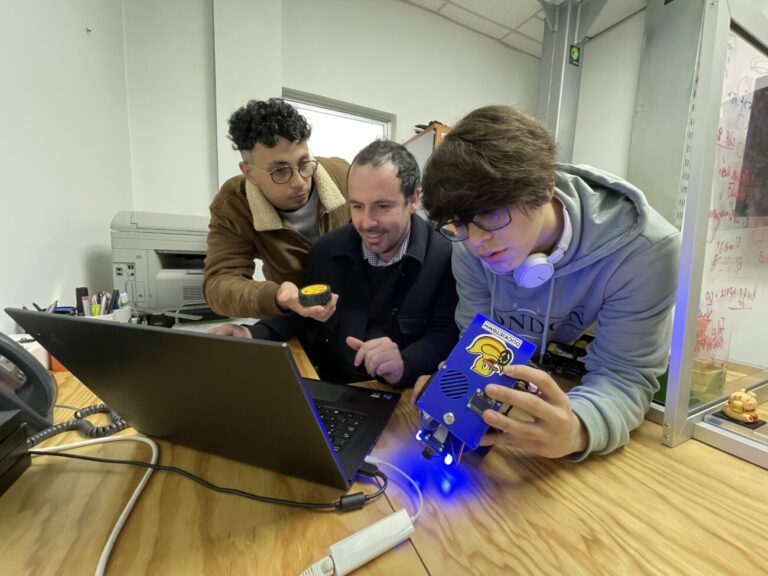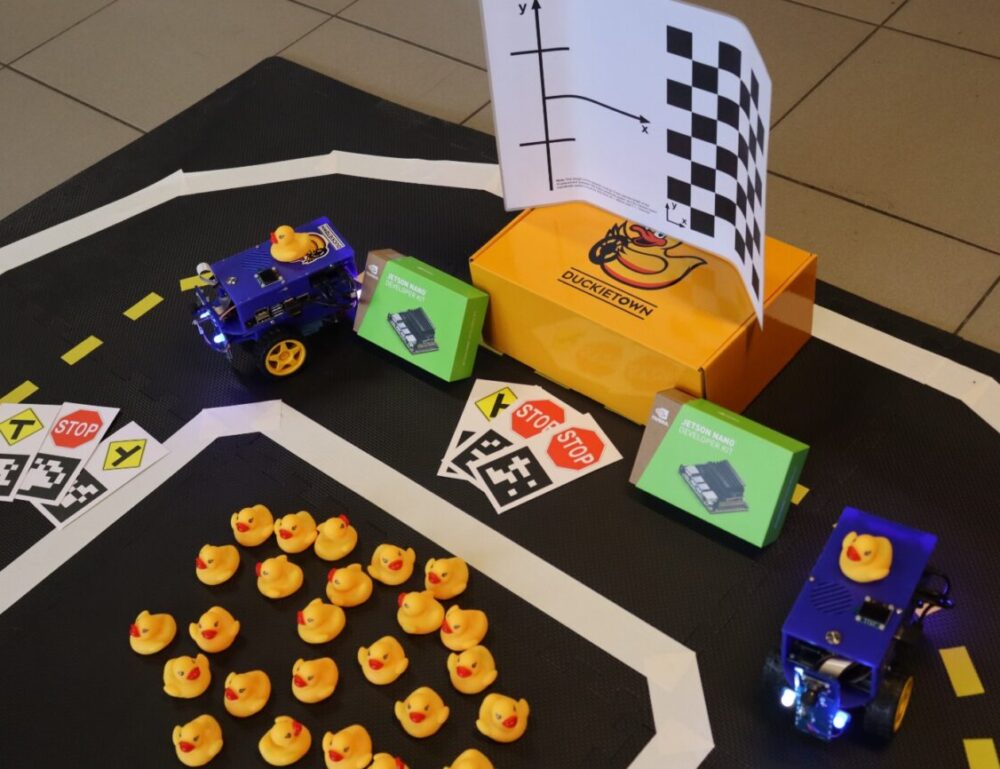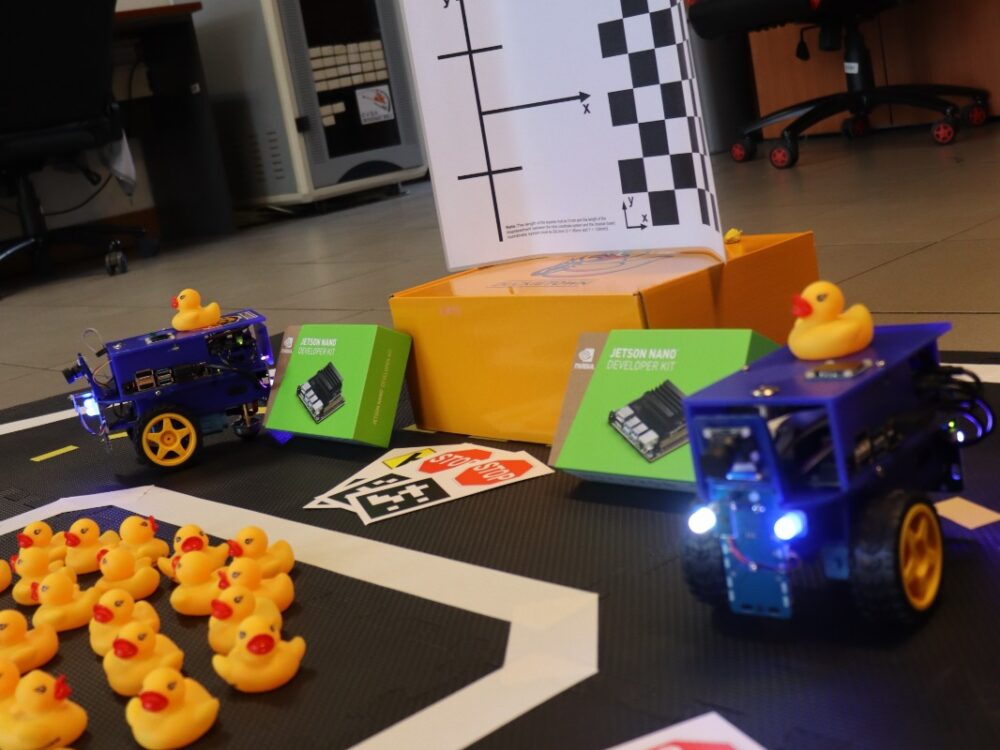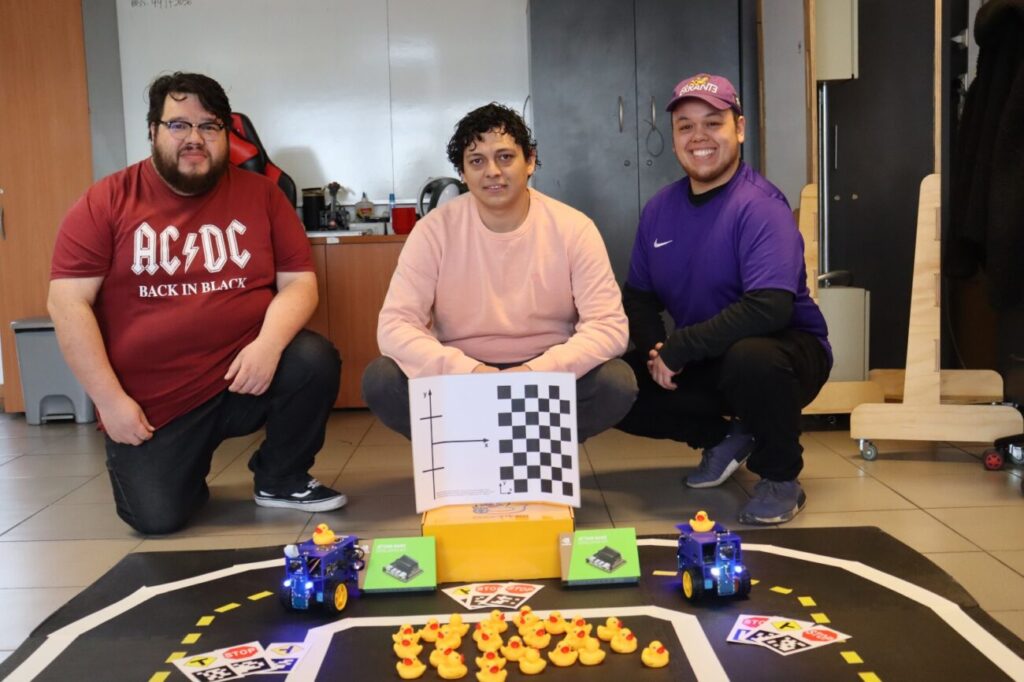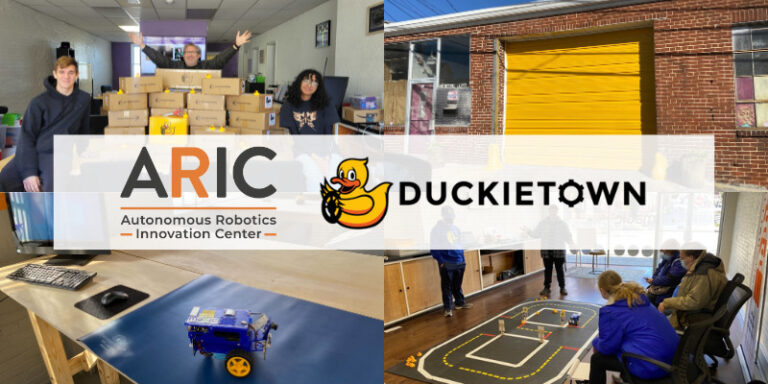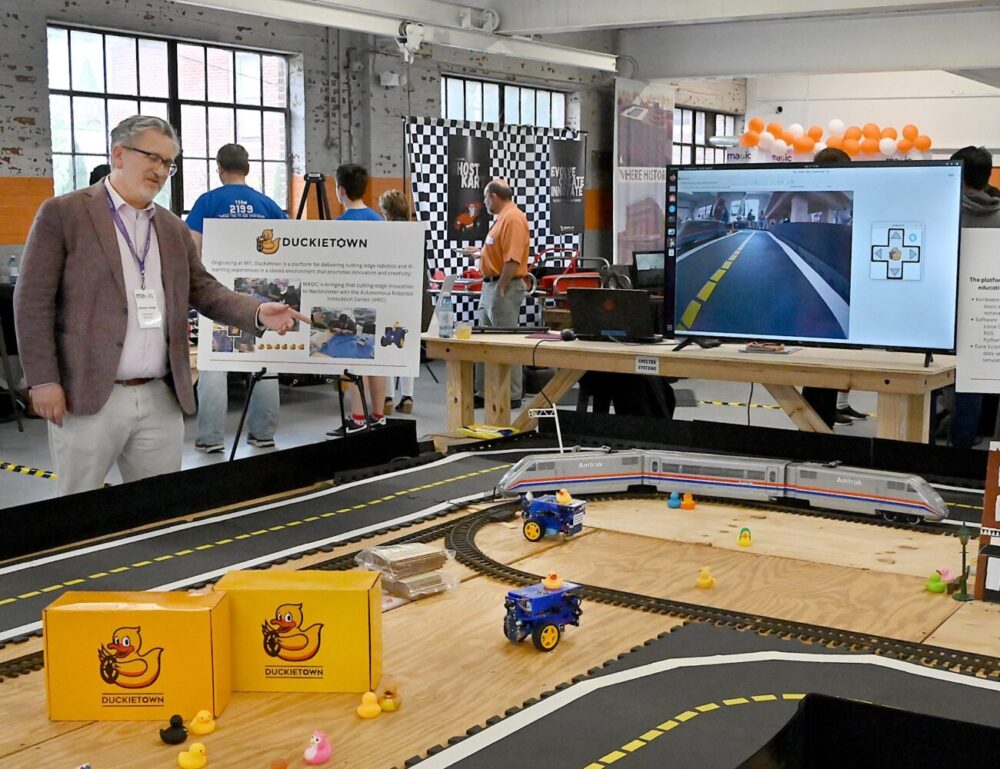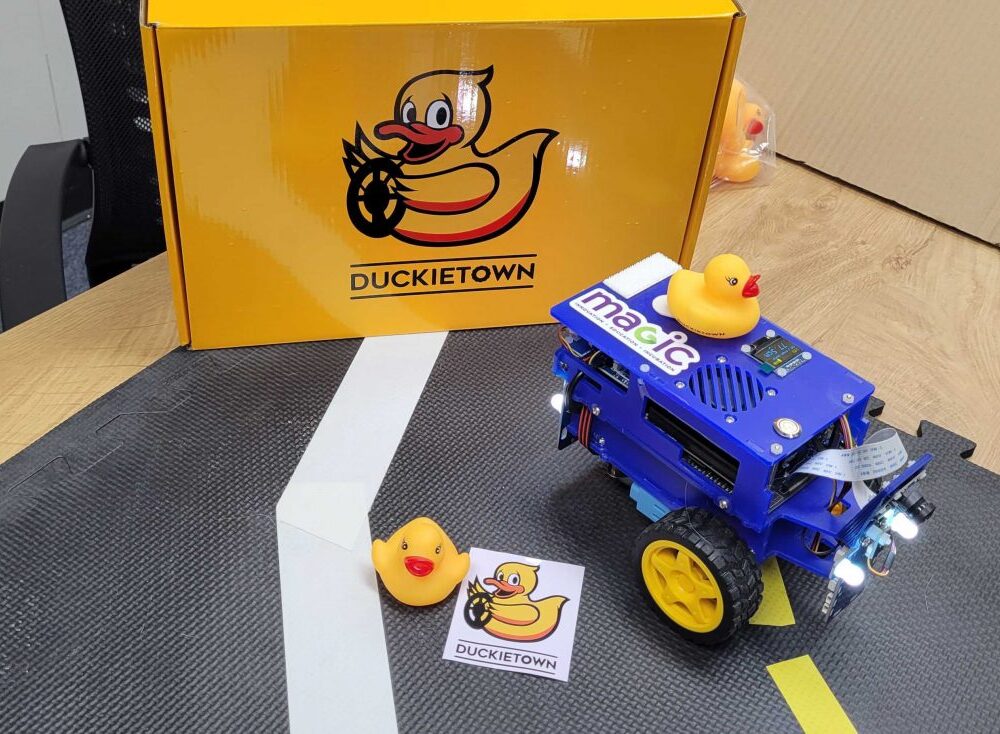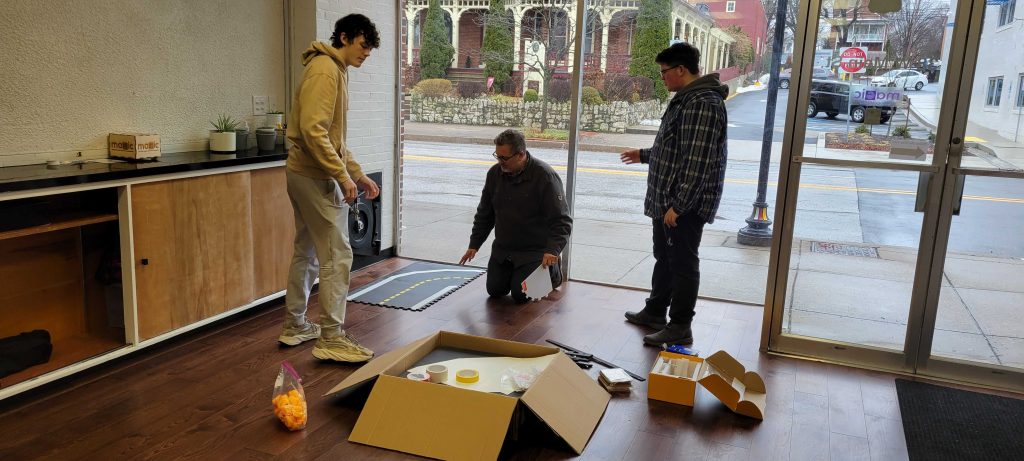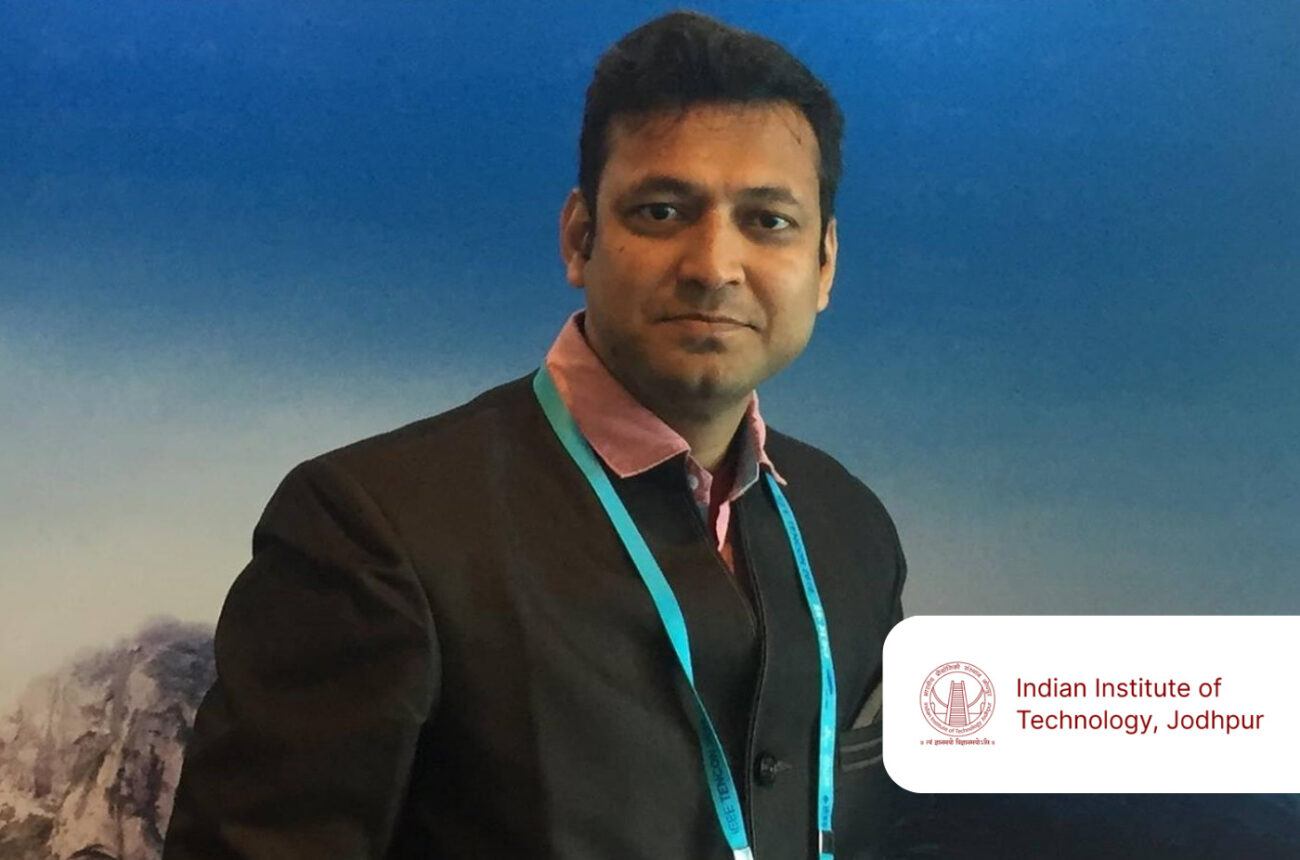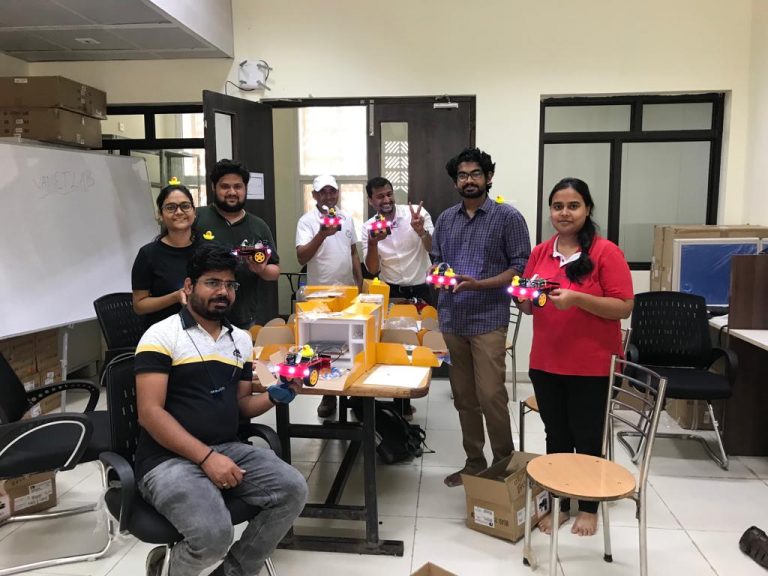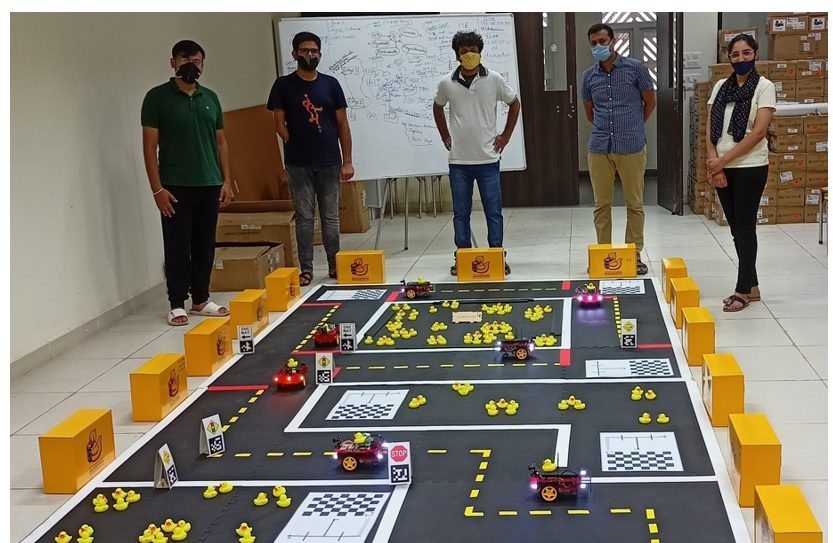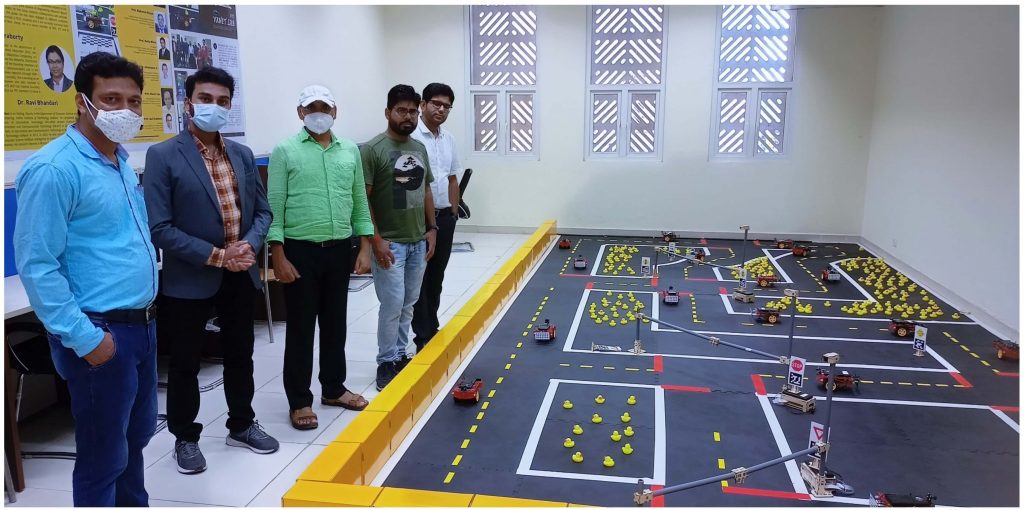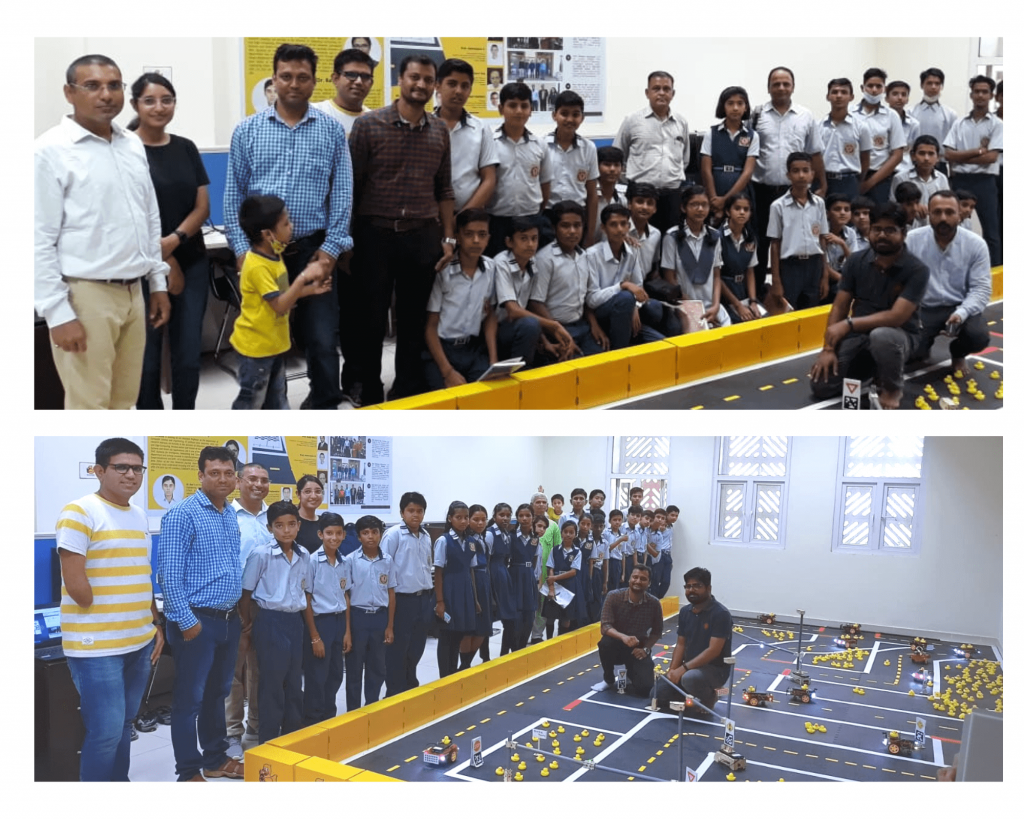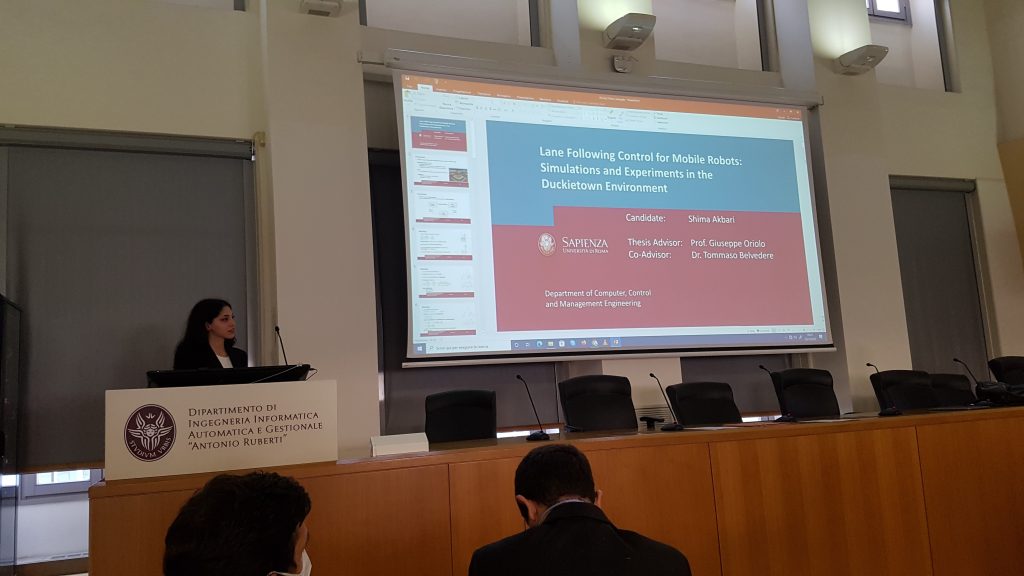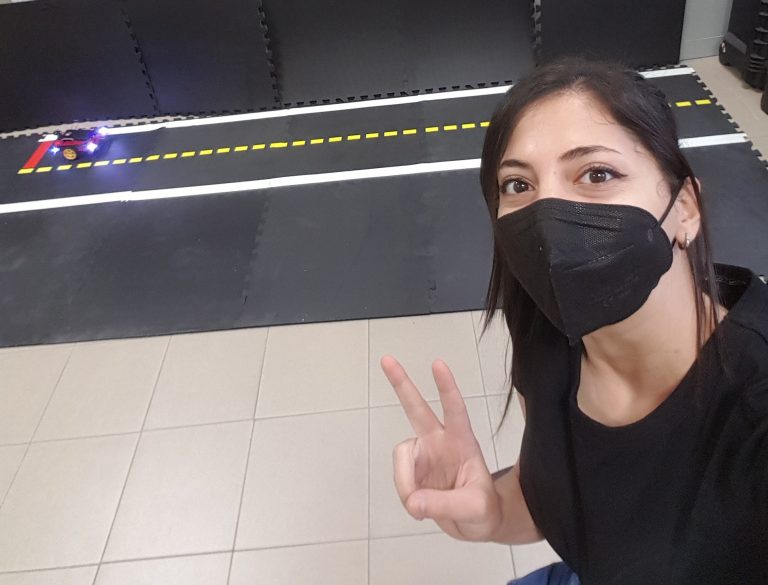Nurturing future engineers and leaders with Kevin Smith
Boston, MA, USA, April 22nd 2024: STEM Program Manager Kevin Smith shares his work at MassRobotics, a robotics startup incubator in Boston, MA, providing learning experiences to teach technological skills and inspire future engineers and industry leaders.
Teaching robotics to nurture future engineers and leaders
We talked with Kevin Smith from MassRobotics to learn more about his teaching activities and the programs he is involved in, such as the Jumpstart fellowship program and the Summer Duckiedrone Academy.
Good morning Kevin! May I ask you to start by introducing yourself?
Hi! My name is Kevin Smith. I have the pleasure of leading the STEM program here at MassRobotics. Our program encompasses creating STEM learning experiences ranging from two hours to six months long. The objective is to help students grow by leveraging our environment of 85-plus robotics startups. This ecosystem provides us with the opportunity to understand where technology is going in the next five to ten years, and we make sure that all of the learning experiences are ingrained with technical expertise.

Very nice. We know you use Duckietown for some of your teaching activities, when did you first run into it?
I discovered Duckietown for the first time at the Drone Academy that we were hosting here at MassRobotics, sponsored by Amazon Robotics.
We got a chance to build drones for the first time and really bring some high-level experiences to the students. It’s been a couple of years since I’ve been a part of the Drone Academy and we recently wrapped up the most recent edition where we got to kick off and try some DD24, the newest version of the Duckietown drones and we were so excited about it.

How do you use drones to inspire your students?
During the Drone Academy, we had the opportunity to teach students many dynamic skills within one week, building up a lot of core technical skills, but also using the experience as a point to have conversations with students to be able to open their minds to what happens beyond their High School environment.
So, for us, Duckiedrones are a huge technical resource to be able to teach technical skills, raise the level of rigor within the environment that we’re cultivating, and also help students think about what is beyond this phase that they’re in their life so they can become engineers in the future.

Could you tell us more about the Drone Academy?
The MassRobotics Drone Academy is a one-week summer camp targeted to high-school learners where we leverage our STEM space and partnerships with Amazon, Duckietown, and Brown University to create dynamic learning experiences.
Brown University worked on and cultivated some of the first drones which Duckietown has taken to extreme lengths to make sure that the product is top-tier quality. The camp is offered directly to students at no cost, ensuring that anyone who chooses to participate in these growth experiences can do so.

That is great, you make me want to join the next edition! Are there other programs at MassRobotics you would like to share with us?
At MassRobotics, we host a plethora of different STEM experiences. One of our premiere programs is the Jumpstart program where from January to May young ladies come every Saturday, or at least three out of four Saturdays every month, and work for about six to eight hours with industry experts on CAD [Computer Assisted Design] and CNC [Computer Numerical Control] machines. Essentially they learn engineering skills within a couple of months, and after that they are paid a thousand dollars for their commitment.
But I think the biggest part is the fact that they get to experience real-world internships, and actually some of our interns from the Jumsptart program had the honor of interning at Duckietown too, where they were able to assist in the development and student experience with these drones we’re speaking of!

It sounds awesome! Who is the target of the Jumsptart program?
Jumpstart is a program targeting young ladies in high school, we think juniors are the ideal age, because once they finish their January through May sessions and gain all the technical skills and soft skills, they will be holding up to walk right into an internship which is very difficult to line up for high school students as you can imagine.
It’ll also give them a lot to write on their applications going to college in terms of experience and exposure but also the skills that those colleges are looking for.
We’re trying to cultivate the next generation of leaders, while fostering the creation equitable environments to make sure that these young ladies who step into the internship realm feel comfortable and competent
We're trying to cultivate the next generation of leaders, while fostering the creation of equitable environments to make sure that these young ladies who step into the internship realm feel comfortable and competent.
Kevin Smith
Would you recommend Duckietown to colleagues and students?
Yes, I think Duckietown is a very cool and innovative platform that allows students to explore. It’s a platform to learn so many technical skills, but also to really start up a lot of conversations, and to digest what’s actually going on behind the scenes, how are these different components engaging and interacting with each other to create autonomous robots.
From the actual Duckietown [the self-driving cars component of Duckietown] I had the pleasure to see and work with, to the Duckiedrones, I believe they bring a lot for the students to explore and engage with.

Learn more about Duckietown
Duckietown enables state-of-the-art robotics and AI learning experiences.
It is designed to help teach, learn, and do research: from exploring the fundamentals of computer science and automation to pushing the boundaries of human knowledge.
Tell us your story
Are you an instructor, learner, researcher or professional with a Duckietown story to tell?
Reach out to us!
















